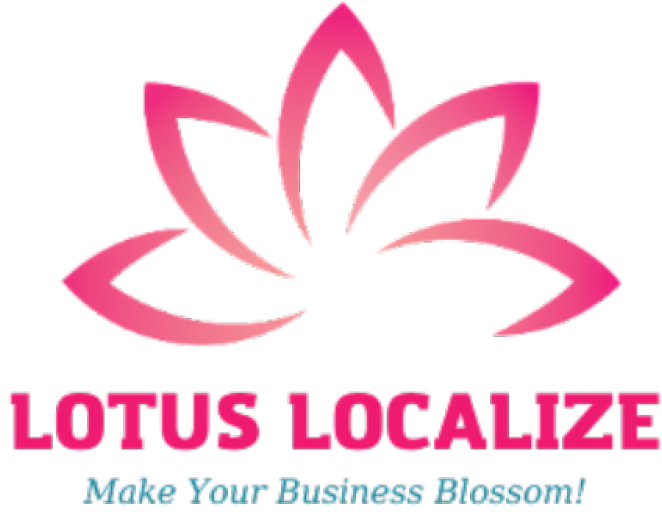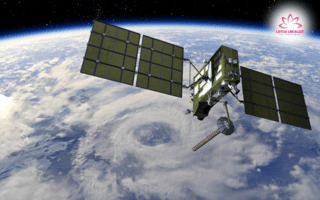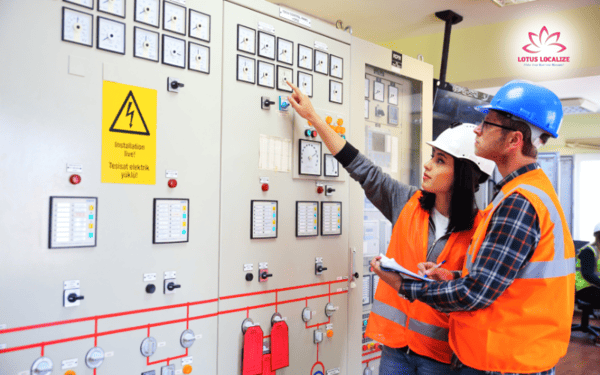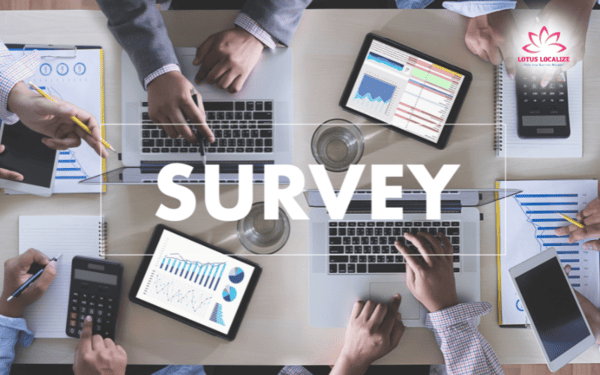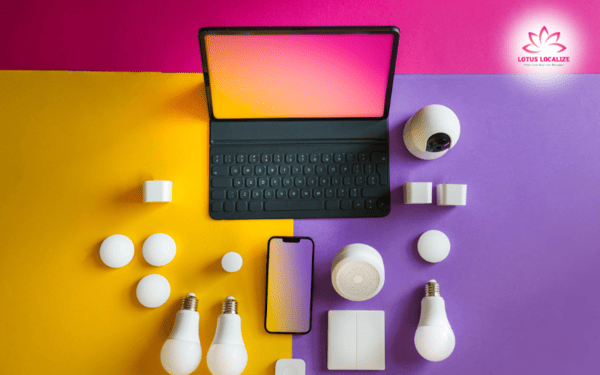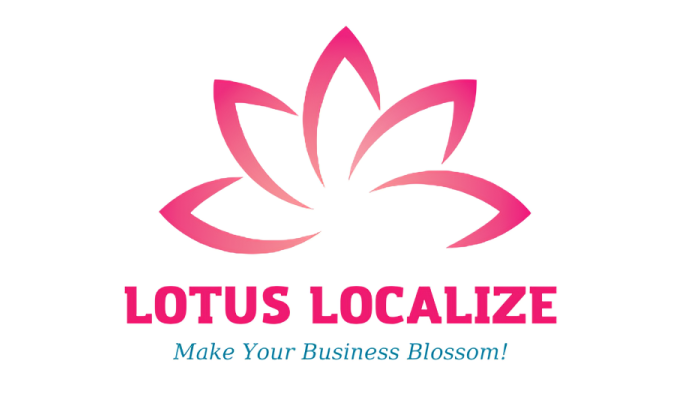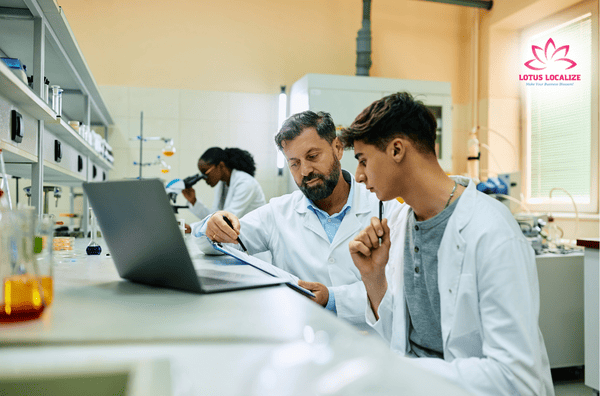
Essential guide to medical patent translation for global healthcare innovation
Medical patent translation plays a crucial role in protecting innovations and ensuring their global reach. Accurate and precise translation of these patents is essential for regulatory compliance, market expansion, and intellectual property protection. This guide provides key insights into the challenges, best practices, and strategies for effective medical patent translation, helping professionals navigate the complexities of language, law, and science in a globalized industry.
Understanding medical patent translation
Given the complexity of medical and legal terminology, accurate translation is essential to prevent misinterpretation, legal disputes, and market entry barriers. Understanding medical patent translation is key to safeguarding innovations and expanding their reach worldwide.
What is medical patent translation?
Medical patent translation is the process of accurately translating patent documents related to medical inventions, including pharmaceuticals, medical devices, biotechnology, and healthcare innovations.

It involves not only linguistic accuracy but also a deep understanding of legal and technical terminology to ensure compliance with intellectual property laws across different jurisdictions. This specialized field plays a crucial role in protecting innovations, facilitating international patent filings, and enabling global market expansion.
Read more: Unlocking scientific potential with professional biology translation services
Types of medical patents requiring translation
Medical patents cover a wide range of innovations in healthcare, pharmaceuticals, and biotechnology. Accurate translation is essential to ensure legal protection, regulatory approval, and global market access. Below are the key types of medical patents that require translation:
- Pharmaceutical patents: Drug compositions and formulations, manufacturing processes for medications, methods of treatment, and drug delivery systems,…
- Medical device patents: Surgical instruments and diagnostic equipment, wearable health technology, imaging, and monitoring devices,…
- Biotechnology patents: Genetic engineering and gene therapies, stem cell research and regenerative medicine, biopharmaceuticals, and vaccines,…
- Diagnostic method patents: Laboratory testing procedures, molecular diagnostics and biomarker discoveries, AI-assisted medical diagnostics,…
- Treatment method patents: New surgical techniques, radiation and chemotherapy advancements, Personalized medicine approaches,…
- Healthcare software & AI patents: Medical data processing algorithms, AI-powered diagnostic tools, electronic health record (EHR) systems,…
Each type of medical patent requires precise translation to ensure clarity, legal compliance, and effective communication with international regulatory bodies, investors, and healthcare professionals.
The role of medical patent translation in business growth
Medical patent translation plays a pivotal role in the growth and success of businesses in the healthcare and pharmaceutical sectors. It enables companies to protect their innovations, expand into global markets, and ensure compliance with international regulations. Here are the key ways medical patent translation contributes to business growth:
- Global market expansion
- Accurate translation of patents allows businesses to secure intellectual property rights in multiple countries, facilitating global market entry and access to new regions.
- This expands the potential for partnerships, collaborations, and licensing agreements with international companies.
- Regulatory compliance
- Translated patents ensure that companies meet the legal and regulatory requirements of various jurisdictions, preventing costly delays and potential legal disputes.
- Compliance with international standards helps streamline product approvals and reduces the risk of patent invalidation.
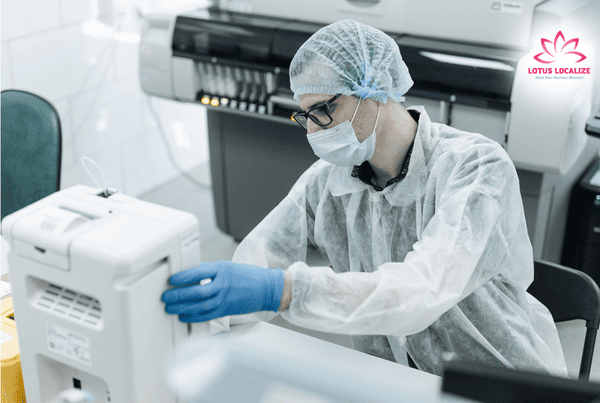
- Protection of intellectual property
- Translating patents protects the uniqueness of medical innovations by ensuring that intellectual property rights are upheld worldwide.
- This provides businesses with exclusive rights to their inventions, safeguarding them from competitors in global markets.
- Facilitating research and development
- Translated patents enable businesses to access valuable scientific research and technologies from around the world, fueling innovation and enhancing R&D efforts.
- This access to diverse technologies can lead to collaborations and the development of new products or improved versions of existing ones.
- Attracting investment
- Clear, accurate patent translations demonstrate a company’s commitment to protecting its innovations, making it more attractive to investors looking for reliable and legally compliant ventures.
- Investors are more likely to fund companies with a well-structured global IP portfolio, which often depends on precise patent translations.
Medical patent translation not only ensures legal protection and regulatory compliance but also drives business growth by opening new markets, enhancing innovation, and attracting investment.
The need for accurate medical patent translation
Accurate medical patent translation is essential in safeguarding intellectual property and ensuring global success in the healthcare and pharmaceutical industries. Given the complexity of medical, legal, and technical terminology, any inaccuracies in translation can lead to significant risks. Below are the key reasons why precise medical patent translation is crucial:
Legal protection across jurisdictions
- Patents must be translated accurately to meet the legal requirements of different countries, ensuring that intellectual property rights are upheld worldwide.
- Even minor errors in translation can result in invalidation of patents, leaving innovations vulnerable to infringement or competition.
Regulatory compliance
- Regulatory bodies in different regions, such as the FDA in the U.S. or the EMA in Europe, require precise documentation for patent filings to approve medical products.
- Accurate translations ensure compliance with local laws and regulations, reducing the risk of delays or rejections in the approval process.
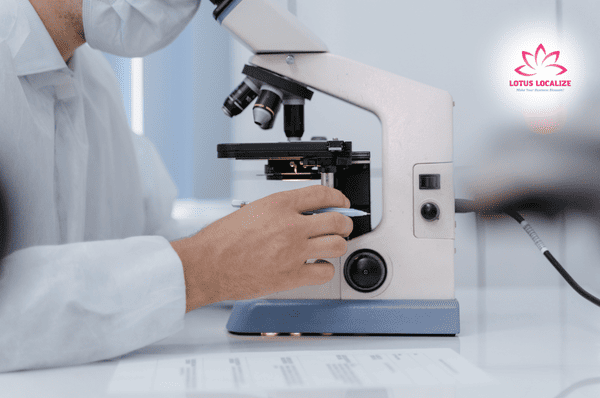
Clarity in technical and scientific details
- Medical patents often contain complex scientific, medical, and technical terminology. Any misinterpretation of these terms can lead to confusion or misuse of patented technologies.
- Precise translation ensures that the intended message, such as how a medical device works or the specific formulation of a drug, is conveyed accurately to all stakeholders.
Global market access
- Accurate translations enable businesses to file patents in multiple countries, allowing them to expand into new markets and access global opportunities.
- Clear translations help avoid misunderstandings and legal disputes that can delay or prevent market entry.
Protecting business interests
- Inaccurate translations can expose businesses to potential legal challenges, jeopardizing their market position and profitability.
- Correct translations help maintain the integrity of intellectual property, preventing competitors from exploiting potential weaknesses in patent documentation.
Accurate medical patent translation is critical for ensuring legal protection, regulatory compliance, global market success, and the long-term viability of healthcare and pharmaceutical innovations.
Read more: Comprehensive guide to medical record translation services
Challenges faced with medical patent translation
Medical patent translation is a highly specialized field that requires precise language skills and deep understanding of both medical and legal terminology. Several challenges can arise during the translation process, which must be addressed to ensure accuracy and compliance. Below are some of the key challenges faced in medical patent translation:
Complex terminology
- Medical patents often contain highly specialized terms related to drugs, devices, and medical procedures. Translating these terms accurately requires extensive knowledge of both medical science and the target language.
- Inaccurate translation of these terms can lead to confusion or misinterpretation, which may affect the patent’s validity and its protection worldwide.
Solution: Employ professional translators with specialized knowledge in both medical and legal fields to ensure precise translation of complex terminology. Utilize subject matter experts (SMEs) to review translations and verify the accuracy of medical and technical terms.
Legal and regulatory nuances
- Patent language must align with the legal requirements of different countries. Legal terminology, patent claims, and conditions vary significantly between jurisdictions, making it difficult to maintain consistency across regions.
- Any discrepancy in legal language can invalidate the patent, causing delays or loss of intellectual property protection.
Solution: Stay updated on patent laws and regulations in different jurisdictions to ensure compliance with regional requirements. Work with legal professionals to validate patent translations and maintain consistency across global filings.
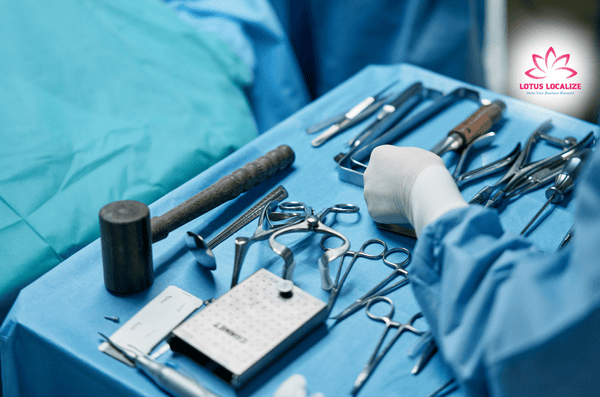
Cultural and regional differences
- Translators must account for cultural and regional differences in medical practices, regulations, and language use. A term or concept that is commonly understood in one region may not be familiar or even applicable in another.
- This requires not only linguistic skills but also an understanding of the healthcare systems and legal environments of the countries involved.
Solution: Conduct thorough research on cultural and regional variations in medical terminology and regulatory expectations. Engage native-speaking translators with experience in local healthcare systems to ensure clarity and relevance in translation.
Maintaining accuracy in technical details
- Medical patents often describe complex procedures, devices, and formulations. A small error in translation can result in significant consequences, such as patent infringement or misrepresentation of the innovation.
- Translators must ensure the precision of technical descriptions to avoid legal challenges or loss of intellectual property rights.
Solution: Implement a rigorous quality control process, including multiple rounds of proofreading and verification by industry specialists. Utilize translation memory (TM) and terminology management tools to maintain consistency in technical descriptions.
Medical patent translation is a complex and demanding process that requires a high level of expertise in both medical and legal fields. By addressing the challenges of terminology, legal nuances, cultural differences, accuracy, confidentiality, and time constraints, businesses can ensure the success of their global intellectual property protection efforts.
The benefits of professional medical patent translation services at Lotus Localize
At Lotus Localize, we understand the critical role that accurate and timely medical patent translation plays in the success of healthcare and pharmaceutical innovations. Our professional translation services offer numerous benefits to businesses seeking to protect their intellectual property and expand globally. Here are the key advantages of working with our expert team:

- Our translators are highly skilled in both medical and legal terminology, ensuring that complex concepts, medical devices, drugs, and treatment methods are accurately translated.
- With extensive experience in the medical and patent sectors, we ensure the precision required to uphold patent claims and maintain legal validity.

- Lotus Localize’s translators are familiar with the legal and regulatory requirements of different countries, ensuring that your patent complies with local laws and intellectual property regulations.
- We ensure that your patent filings meet the standards of authorities such as the FDA, EMA, and other global regulatory bodies, reducing the risk of rejections or delays.
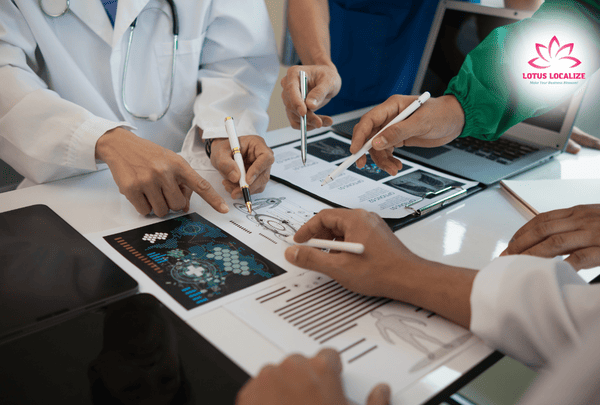

- We recognize the importance of adapting translations to the cultural and regional context of each target market.
- Our team ensures that the translation is not only accurate but also suitable for the local healthcare system and market conditions, enhancing the global reach of your patent.

- We provide fast, efficient translation services to meet tight deadlines, ensuring your patents are filed on time to protect your innovations.
- Our team is committed to delivering high-quality translations without compromising on accuracy or detail, even under time pressure.

- Beyond translation, we offer consultation on patent-related matters, providing guidance on how to navigate complex international patent systems and regulations.
- Our service is tailored to meet your specific needs, offering end-to-end support for all your medical patent translation requirements.
Choosing Lotus Localize for your medical patent translation ensures accuracy, compliance, and security, all while providing expert guidance to facilitate global expansion and protect your innovations. Our professional services are designed to give you peace of mind as you navigate the complexities of international patenting.
In conclusion, medical patent translation is a crucial component of global healthcare innovation, enabling businesses to protect their intellectual property, navigate complex regulatory landscapes, and expand into international markets. Accurate translation ensures that patents are understood, upheld, and legally recognized across different jurisdictions, safeguarding innovations and driving business growth.
If you have any questions or need assistance with translation services for many industries: life science translation, education translation, technology translation, financial translation, marketing translation, manufacturing translation, government translation,… and interpretation services: escort interpreting, simultaneous interpretation, remote interpretation, and localization services… please contact Lotus Localize immediately at +84 866 224 968 or visit the website: lotus-localize.com for advice on the best solutions!
QUALITY PROMISE
Lotus Localize offers consistent, high-quality service delivery in all customer engagements. Our in-house translators and staff adhere to well-established business processes, allowing us to communicate properly, deliver on time, and surpass client expectations.
